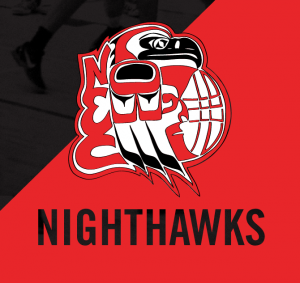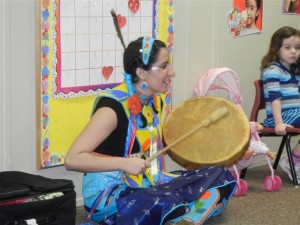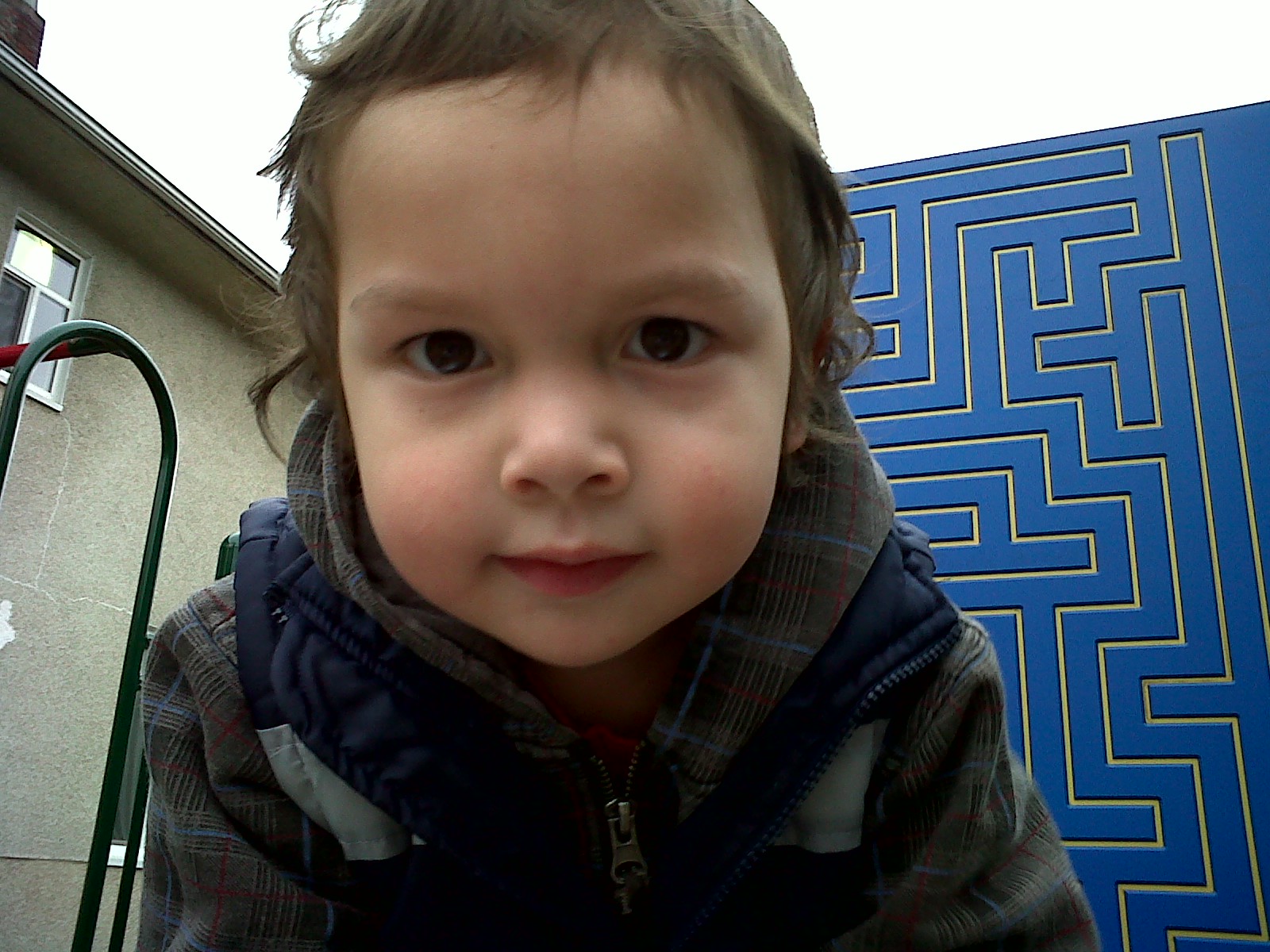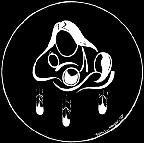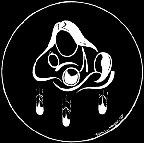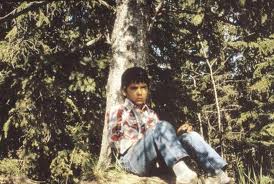My name is Kara Ashkewe and I am a first year student at NEC for the Aboriginal Tourism Operations Program. I am Ojibwe on my mom’s side from Cape Croker, ON, and Mohawk on my dad’s side from Akwesasne, NY.
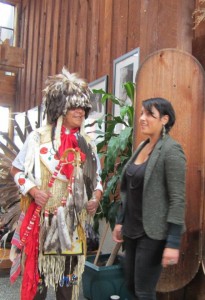 The Welcoming Ceremony at NEC, which took place on September 27th, 2011, is an annual event that welcomes the new school year students to the longhouse-style college.
The Welcoming Ceremony at NEC, which took place on September 27th, 2011, is an annual event that welcomes the new school year students to the longhouse-style college.
During that day, every student walks outside and waits in line to enter through the ceremonial door. Upon entering, you must turn once, either left or right, depending on your customs, to release and leave your negative energy outside to abide by the longhouse protocol.
Once entered, you announce your name and what nation you are from. You are then part of the college community and are full of positive energy, and anticipate a new beginning and life experience for the upcoming school year.
I had such a great time that day and there was a great energy in the air. I did not know anyone from the college when I started out here but I made friends so quickly because everyone here is so welcoming and chummy right from the start.
It was a great day to meet your peers, your teachers, the guest speakers, NEC guests, hear stories, and participate in Coast Salish traditional singing and dancing.
It is really great to connect with the Indigenous people here of the Pacific Northwest. I am learning so much about Coast Salish culture and history here, and it is nice to share my Anishinaabe and Iroquois culture and history too. To share, acknowledge, and celebrate our similar and different customs and traditions from all over Turtle Island is integral to the Native Education College. It has been such a great year so far, I am really enjoying my program, and I am learning so much. Much thanks to NEC.
